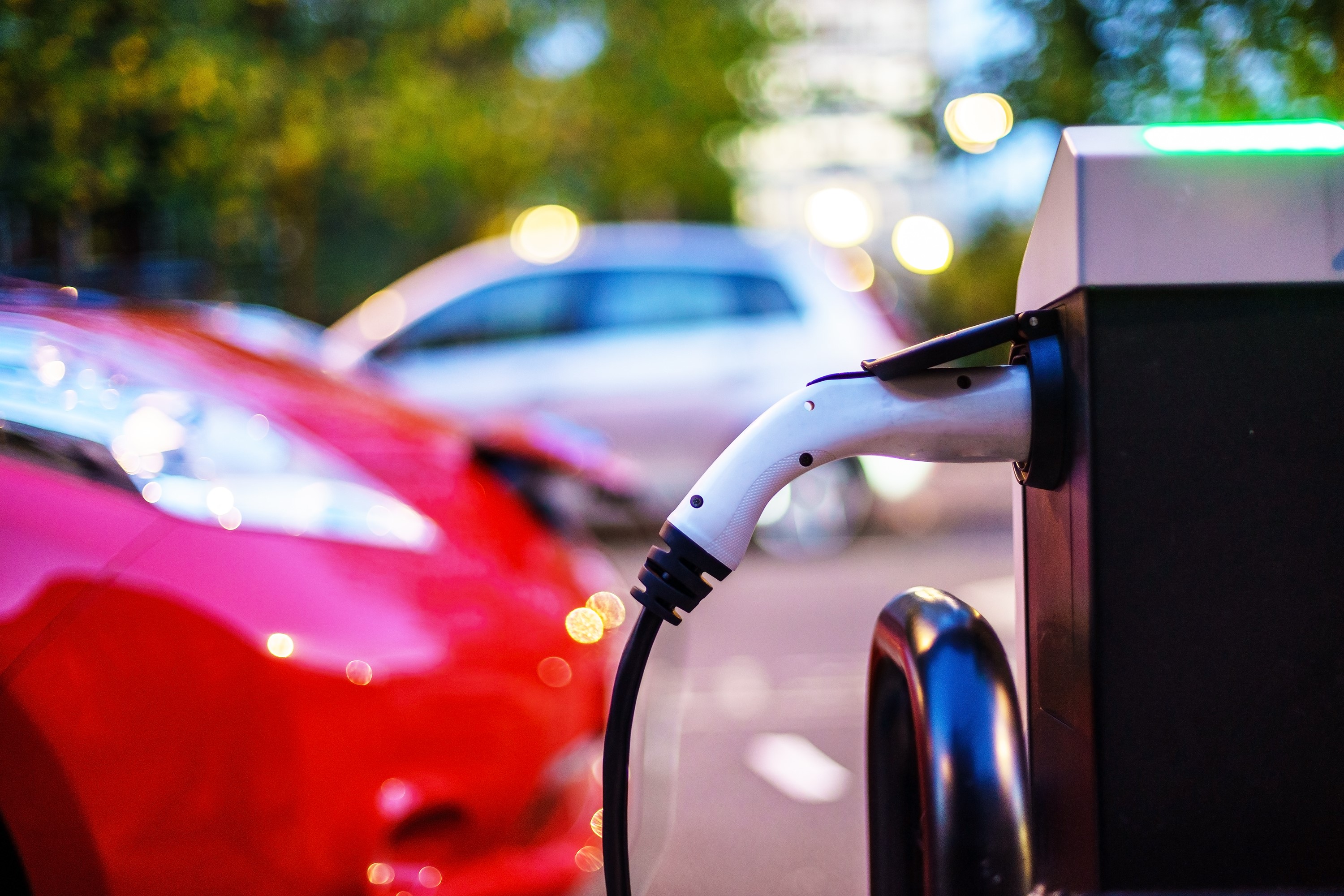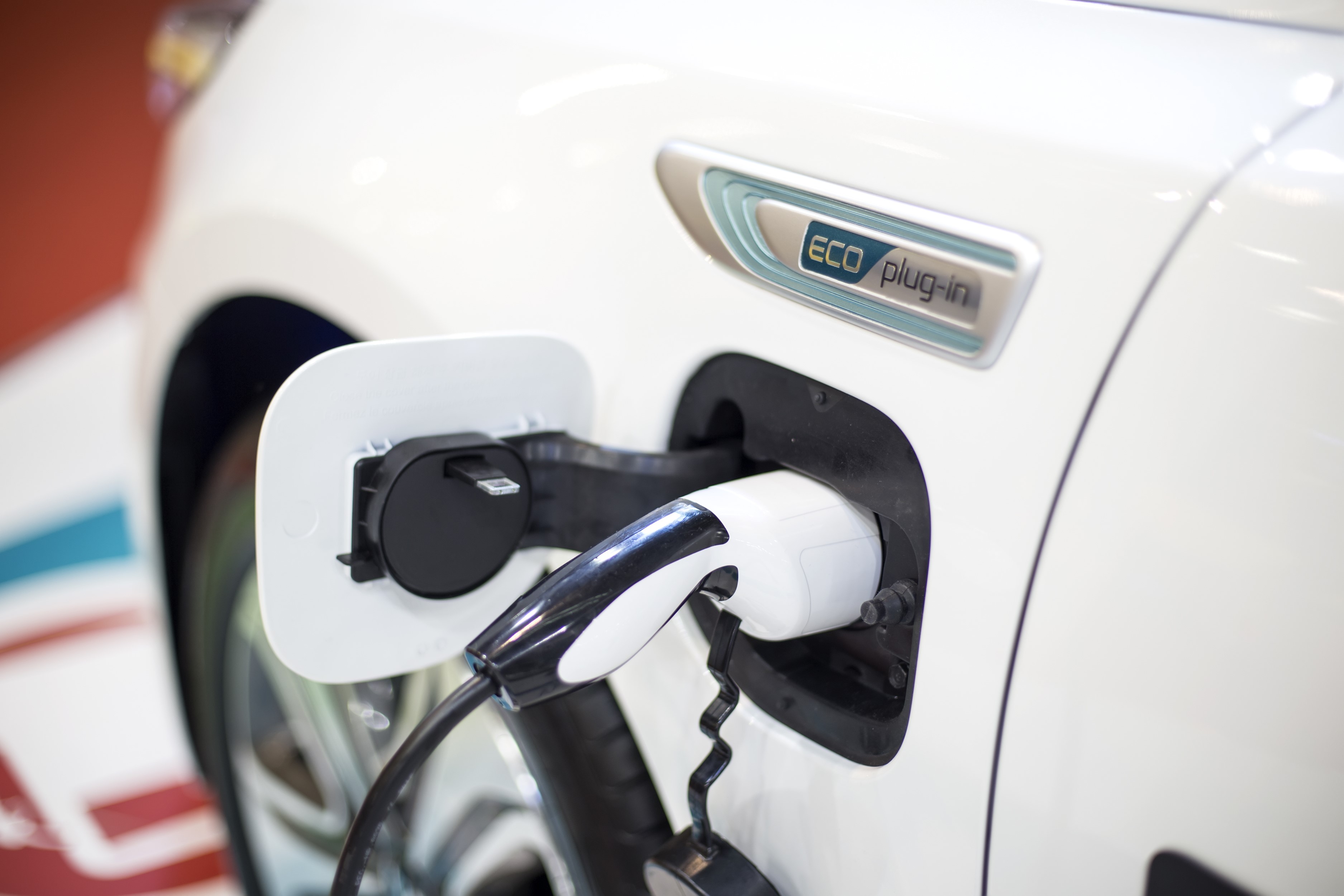Advertisement feature from Geotab
UK fleets could switch up to 20% of their fleets to electric vehicles (EVs) on average today, according to Geotab.
The fleet telematics and data provider launched its free new Electric Vehicle Suitability Assessment (EVSA) software on November 6 to existing and new customers to help them identify the cars and light commercial vehicles (LCVs) that can be replaced with EVs.
Matt Stevens, Geotab vice-president of electric vehicles, says fleets need support on the road to electrification and they can now run their own simulated electric vehicle trials based on data unique to their businesses to easily identify which EVs will work for their businesses.

Stevens says: “There has been a massive step up in interest over the past three months for EVs and that has been driven by the 0% benefit-in-kind (BIK) announcement from HMRC this summer. Before, fleet managers were the advocates for switching to EVs, but drivers are now requesting them.
“We’re not saying fleets should switch to EV 100% immediately. But there is a high likelihood there are vehicles in fleets that can be switched to EV with no operational impact and at a lower running cost than the internal combustion engine (ICE) models they will replace.”
Powder keg moment
Stevens describes the 0% BIK ruling as a ‘powder keg’ moment and that it was the spark needed to kick-start greater EV adoption in UK businesses.
He says the approach on company car tax has come at just the right time as manufacturers are starting to widen their EV model ranges with vehicles available at more affordable price points and with ranges in excess of 200 miles.
There will be launches of 31 new generation plug-in vehicles this year alone and there is now a much broader choice for drivers with SUVs, crossover and mid-sized vans all available.
Stevens says: “I don’t think we would have seen the surge of interest in EVs to this extent if this had happened a couple of years ago. But things have dovetailed and we’re now in a position where EVs are making sense for a lot of businesses.
“We’re seeing a big boost in demand from company car drivers looking to take advantage of the tax situation next April. Last mile delivery fleets and those that are involved in the electricity network industry are really ramping up their EV strategies.”

Geotab bases its EV recommendations on the basis that 100% of the recharging will be done at home, at work or at the depot. This takes the factor of worrying about public charging infrastructure out of the equation.
Stevens says this approach is because fleets don’t want drivers to be sat waiting at charging points and they need to know they can make the switch to EVs without having to rely on public infrastructure.
He says: “Fast chargers on the motorway network are useful for long journeys, but I like to think of charging at work or at home as having a zero waiting time. When you arrive at work or home, you plug the vehicle in and, when you go back to it, it’s full.”
Geotab customers can start running EVSAs on their fleets when they have enough data to give a good operational grounding. Stevens recommends between six and 12 months.
The EVSA considers variables like total cost of ownership, mileage patterns, weather conditions and maintenance costs.
Shadowing usage
Geotab’s algorithm puts EV models through the same operational pattern as the ICE vehicles from the dataset period, essentially shadowing a fleet’s previous usage patterns.
Based on this data, the EVSA will reveal how many vehicles could be replaced by EVs at a lower – or the same – cost as replacing them with new non-EVs. The report will also formulate what kind of CO2 savings the company can expect.
The EVSA is brand agnostic, allowing fleets to choose to specifically focus on certain EV models they feel they would like to look at as replacements. Alternatively, they can select all that are available in the market to help them create EV choice lists.
Stevens says: “You can run the EVSA while you go and make a coffee and it will put together your own EV trial like they are actually on the road, covering the same routes and mileages and stresses.
“We can give baselines on areas like maintenance costs, but a fleet can also be more specific and input its own data to make the report even more accurate.”
Once Geotab customers have EVs on fleet, they can use the telematics functionality to track EV energy usage, charging reports, range map functionality and the ability to create custom notifications on EV data.
Stevens adds: “We want to help businesses find those diamonds in their fleet that can be replaced by EVs, backed up by supporting data based on their own operating cycles to help them make informed decisions on their electrification strategy.”
For more information visit www.geotab.co.uk or call 0800 088 5482

Clear advice on EVs will help fleets make the right choices
Matt Stevens, vice-president of electric vehicles
Air pollution in congested urban areas is becoming a hot topic among the public and policymakers.
Transitioning all forms of transport to cleaner fuels is a pathway to making a significant difference. Vehicle fleets operating in cities are targets, and with the introduction of clean air zones across the UK, fleet managers will have to consider fuel alternatives.
While electric vehicles (EVs) provide an excellent opportunity for fleets to reduce its fuel consumption and carbon footprint, the difficulty is in establishing a business case to go electric.
We believe a data-driven approach can help ease the concerns around electrification. Telematics provides access to a rich set of data points that allow fleet managers to build intelligence, including, daily driving requirements, purchase and operational costs.
The Electric Vehicle Suitability Assessment (EVSA) tool helps fleet managers understand the changes in the cost structure and tailpipe emission reductions if they elect to buy EVs available on the market today.
Typically, EV acquisition costs are higher, but the fleet will make up the difference with operational cost savings on fuel and maintenance.
Educating business on EV technology, understanding the operational benefits and lower emission levels will guide electric fleets and improve the air quality in our cities.













Login to comment
Comments
No comments have been made yet.